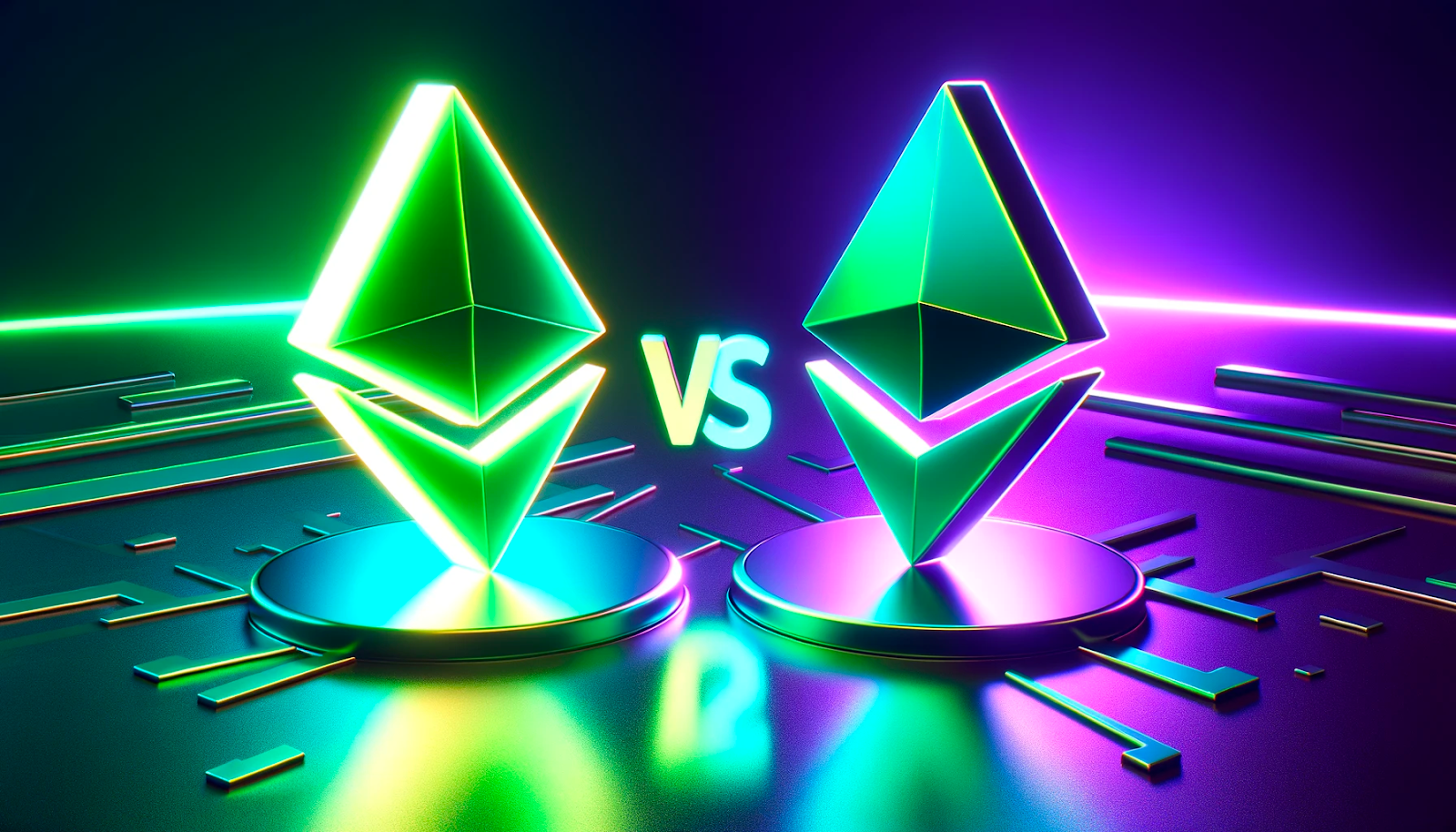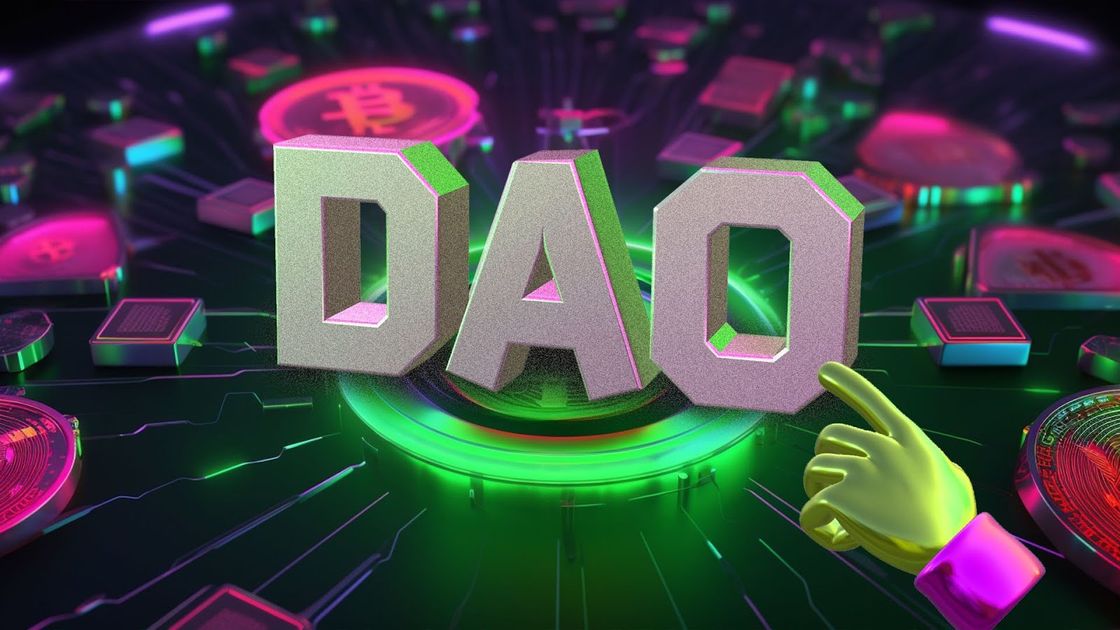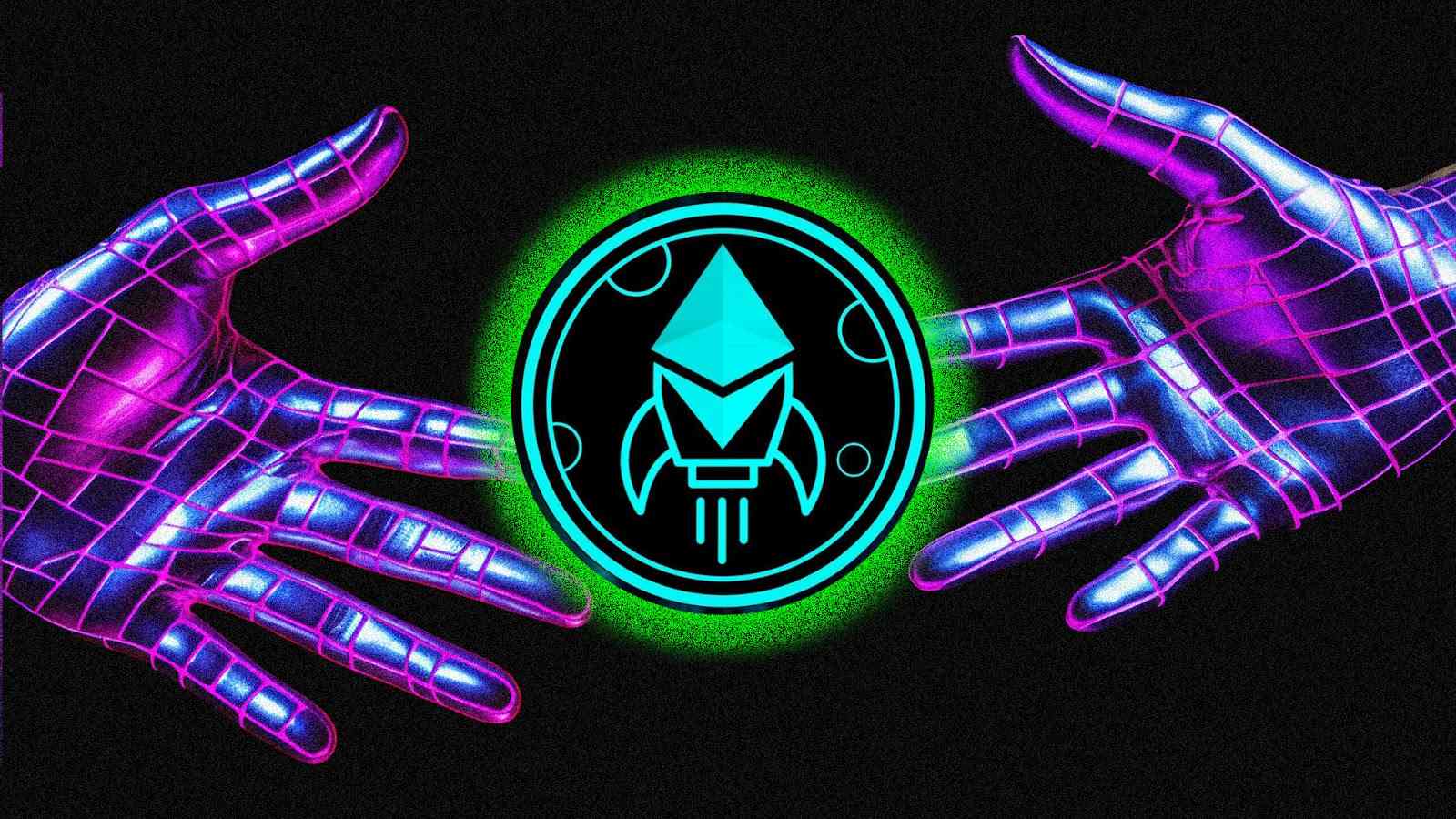
In the following ‘Best Ethereum Wallet Guide,’ we’re going to take you through 3 of the best self-custodial wallet options for trading crypto and NFTs on Ethereum.
Here, we assume that you may be wondering why our list is so short. Our response to this is that the domain of Ethereum (ETH) crypto storage doesn’t necessarily require a lot of variety… especially given that such products are free to acquire.
Additionally - and like many other areas of tech and Web3 - the best Ethereum wallet projects adopt a winner takes all dynamic…meaning in practice, there’s only a few ‘industry winning’ products that you need to be aware of.
What Are the Best Ethereum Wallet Solutions?
Self-custody crypto wallet - a.k.a. non-custodial crypto wallets - are software wallets that allow crypto traders to be in full control over storing and managing their funds. To exercise complete control over their cryptocurrency holdings, users manage their own private keys and execute transactions autonomously.
Various types of non-custodial wallets exist. Browser-based wallets function as browser extensions, enabling users to input their private key and initiate transactions. Mobile wallets, on the other hand, are downloadable mobile applications.
Going physical, there are also hardware wallets that are also known as cold wallets. Here, these devices can be operated offline, and are widely considered as a secure option due to their ability to store and manage assets completely offline. Although such solutions are not covered in this Best Ethereum Wallet Guide, you can visit this article to discover the best cold storage wallets on the market.
Furthermore, on creating a non-custodial wallet, users receive a seed phrase - which is a set of 12 randomly generated words (also known as 'recovery,' 'seed,' or 'mnemonic' phrases). This seed phrase serves as the foundation for generating both public and private keys, and acts as a backup or recovery mechanism in case a cold wallet is ever lost/ inaccessible. Possession of the seed phrase grants full control over the funds stored in the user's wallet; however, losing the seed phrase means forfeiting access to the funds.
Users take charge of managing and executing each transaction, necessitating the use of their private keys. Depending on the specific non-custodial wallet in use, transactions can be reflected in real-time on the blockchain or signed offline and later uploaded for confirmation.
And of course, it goes without saying that the Best Ethereum Wallet solutions relate to ownership and storage of crypto assets on the Ethereum blockchain.
The Best Ethereum Wallet Solutions - Reviewed
Now you understand what they are, let’s get into our list of the best Ethereum wallet solutions on the market.
MetaMask - For Browsers & Smartphones
Boasting a user base of over 30 million worldwide traders, MetaMask is a versatile platform that’s accessible across various devices. This is because it has dedicated apps for both iOS and Android, along with a web browser extension compatible with Chrome, Edge, Brave, and Firefox.
The process of downloading and installing MetaMask onto a chosen device takes just a matter of seconds. Once downloaded, MetaMask empowers users with control over their private keys, with the platform conveniently presenting private keys through a 12-word passphrase (a crucial detail users need to record during the wallet setup).
Notably, MetaMask stands out as one of the premier ERC-20 wallets, as it provides comprehensive support for all of such types of tokens. And while excelling in ERC-20 functionality, MetaMask also extends its support to various blockchain networks, such as Arbitrum, Optimism, Binance Smart Chain, Polygon, and Avalanche (which users can manually add to their wallets).
Importantly, MetaMask operates on a free model, with fees only occurring when users execute token transfers to external wallet addresses.
|
Type of Wallet |
Supported Cryptos |
Fees |
Mobile App? |
Staking Interest? |
Staking Rate |
|
Browser extension and mobile app |
All tokens on the following networks: Ethereum, Arbitrum, Optimism, Binance Smart Chain, Polygon, and Avalanche |
Fees are determined by third-party providers. Displayed at the time of purchase |
Yes |
No, but supports third-party DeFi apps, such as Aave, Compound, and UniSwap |
Determined by the chosen DeFi app |
Trust Wallet - A Leading Crypto Wallet App
Regarded as one of the best Ethereum wallet solutions for smartphones, Trust Wallet - which is endorsed by Binance - is accessible as an app on both iOS and Android platforms.
Operating as a leading non-custodial wallet, Trust Wallet does a grand job in ensuring that users retain full control over their private keys. Notably, it boasts broad compatibility with a plethora of blockchain standards, supporting over 70 networks and more than 4.5 million digital assets. This extensive range encompasses all of Ethereum’s ERC-20 tokens, as well as ERC-721 NFTs.
In distinguishing itself from competitors, Trust Wallet provides direct entry into DeFi markets, allowing users to seamlessly access decentralised exchanges like PancakeSwap and Uniswap. In turn, this feature enables investors to effortlessly earn interest on their Ethereum tokens.
In terms of security, Trust Wallet prioritises user protection by incorporating fingerprint ID and PIN access. Importantly, it also refrains from collecting personal data and avoids storing private keys on its servers. Use wise, its user-friendly interface elicits a convenient experience that’s appealing to beginners.
Trust Wallet supports crypto purchases through debit/credit cards, facilitated by a third-party processor. This adds an additional layer of convenience for users looking to engage in cryptocurrency transactions seamlessly. However, it's also essential to note that Trust Wallet cannot aid in the event of private key loss or theft.
|
Type of Wallet |
Supported Cryptos |
Fees |
Mobile App? |
Staking Interest? |
Staking Rate |
|
Browser extension and mobile app |
4.5 million tokens across 70 blockchain networks |
Fees are determined by third-party providers. Displayed at the time of purchase |
Yes |
Not for Ethereum, but staking on other cryptocurrencies is supported. |
Determined by the chosen DeFi app |
Exodus - A Well-Established Ethereum Crypto Wallet
Exodus is an established Ethereum wallet provider that was launched in 2015. It supports multiple device types across iOS and Android, to ensure that users can be completely flexible when storing their ETH tokens.
Those seeking a desktop wallet can also download Exodus software onto their Windows or Mac device, or even Chrome and Brave browsers. Either way, all Exodus device types connect to the same wallet.
In addition to Ethereum, Exodus supports over 260 other cryptocurrencies. This includes leading altcoins such as XRP, Cardano (ADA), Dogecoin (DOGE), Polygon (MATIC), and BNB. Another feature of Exodus is that it connects to the Trezor hardware wallet, which as previously mentioned, can be explored in this article. Such feature enables users to store funds on Trezor, which can then be easily transferred via the Exodus app.
And finally, Exodus is a free Ethereum wallet that only charges fees on outgoing transfers.
|
Type of Wallet |
Supported Cryptos |
Fees |
Mobile App? |
Staking Interest? |
Staking Rate |
|
Desktop, mobile, and browser-based wallets. |
Over 260 cryptocurrencies, including Ethereum, BNB, XRP, Bitcoin, and Dogecoin |
Fees are determined by third-party providers. Displayed at the time of purchase |
Yes |
No, but staking on other cryptocurrencies is supported |
Determined by the chosen DeFi app |
How do Ethereum Wallets Work?
In essence, Ethereum wallets serve three main functions:
1. Sending ETH to another wallet
2. Receiving ETH from another wallet
3. Storing ETH
Understanding the workings of Ethereum wallets and these primary functions is crucial to prevent potential fund losses. Every Ethereum wallet is equipped with a unique public address, comparable to a bank account number. To receive funds, users share their public address with the sender, similar to providing a bank account number for receiving money.
Sending ETH from an Ethereum wallet mirrors the process of receiving tokens but in reverse. Senders input the destination wallet address of the receiver. Due to the length and complexity of Ethereum wallet addresses, it's advisable to use a QR code scanner for accuracy, especially when using a mobile wallet app.
Apart from facilitating transactions, Ethereum wallets securely store ETH tokens. Safeguarding wallet credentials, including the PIN and private keys, is paramount. Private keys grant access to funds on any device, often presented as a user-friendly string of words. For instance, MetaMask uses a 12-word passphrase for private keys, emphasising the importance of recording it on paper and storing it securely.
While Ethereum wallets empower users, they may appear daunting to beginners due to the responsibility of safeguarding credentials from potential hackers. In such cases, newcomers might prefer custodial wallets provided by regulated and established entities, where the responsibility for securing Ethereum tokens lies with the service provider.
Best Ethereum Wallet - FAQ
Why Do I Need an Ethereum Wallet?
While technically not mandatory for Ethereum investors, owning a personal crypto wallet becomes a crucial consideration. Despite optimistic forecasts for Ethereum's value, relying solely on the built-in wallet services provided by most exchanges and brokers carries risks (just ask FTX users). That being said, the convenience of keeping Ethereum tokens in the platform's web wallet is undeniable, particularly during cash-out transactions.
Should I leave my money in Ethereum?
While a modest allocation to ETH can be sensible for long-term investment strategies, it's crucial to exercise caution against allocating too heavily to Ethereum. Cryptocurrencies, including ETH, are known for their extreme volatility, frequently experiencing significant downturns. It's advisable to approach Ethereum investments with a well-balanced and diversified portfolio to mitigate the inherent risks associated with the crypto market.
Do I need a wallet for Ethereum?
The essence of Ethereum necessitates the use of a wallet for the movement and management of your ETH. Wallets are available in four distinct forms:
1. Physical Hardware: These wallets provide high-security measures, allowing you to store your cryptocurrency offline.
2. Mobile Applications: Accessible from anywhere, these applications enable you to manage your funds on the go.
3. Web Wallets: As the name suggests, web wallets grant access to your crypto account through a web browser.
4. Desktop Applications: Access your accounts and handle funds on Windows, macOS, or Linux if you are utilising a desktop system.
It's worth noting that you have the flexibility to switch between wallet providers at your convenience. Moreover, many of these providers offer the capability to manage multiple Ethereum applications simultaneously within a single application.
Is it hard to cash out Ethereum?
Converting your Ethereum to traditional currency may appear daunting initially, but the process becomes manageable once you explore available options. You can utilise online crypto services, engage in direct trading with others on dedicated platforms, make use of specialised ATMs for cryptocurrency transactions, or opt for a card that enables you to use your crypto similarly to conventional money.
How do I protect my Ethereum wallet?
A recommended best practice for safeguarding your ETH involves bookmarking your web wallet and the websites of any decentralised applications you frequently use, aiding in the prevention of phishing schemes. Certain browser extension wallets even feature a built-in list of recognized phishing schemes, automatically blocking malicious websites to enhance user protection.
Want More Cutting-Edge Crypto News?
Follow Us: X TikTok Instagram Telegram LinkedIn
Sign up to our newsletter at the bottom of the page
Check Out Our Top 10 Crypto Currencies of 2023
This article is intended for educational purposes and is not financial advice.


















